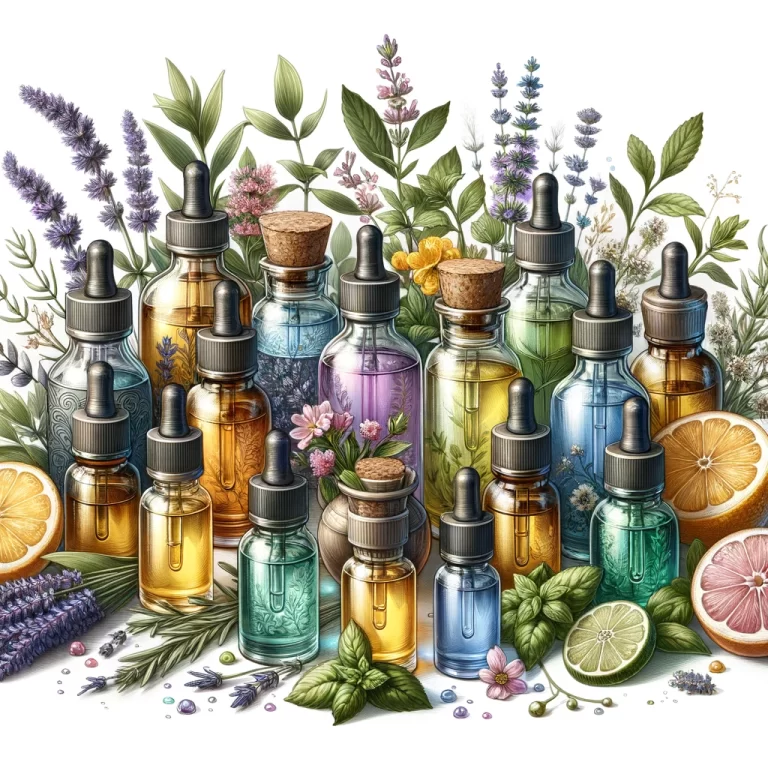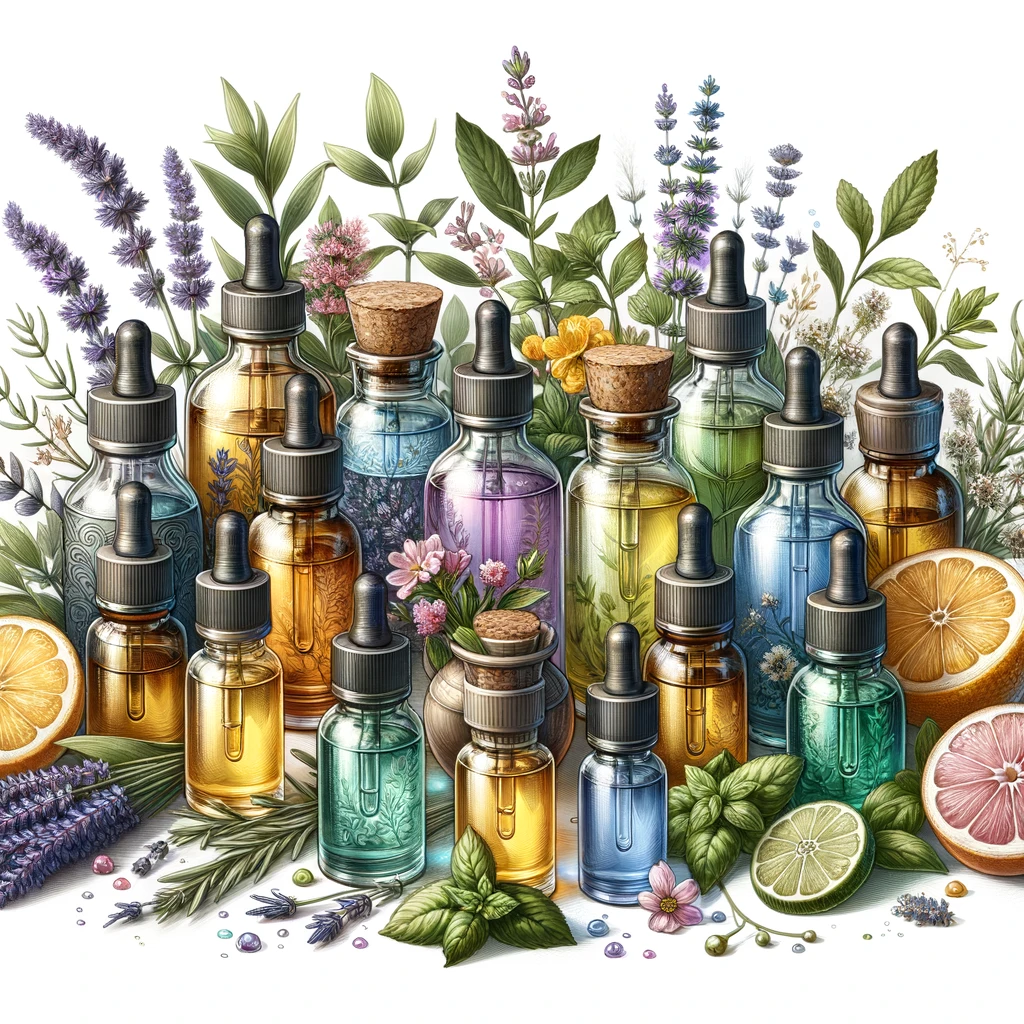
It is important to always purchase the best quality, organic, essential oil from a reputable supplier.
There are many suppliers out there and they may try to cut corners to reduce their cost. You may be tempted to purchase cheaper, synthetic (often without realising it) essential oils as the smell is the same, without realising the possible hazards.
Essential oils may be adulterated or produced synthetically for example for the food, cosmetic, perfumery and pharmacological industries.
For mass production, and to reduce the overall cost, the same product needs to be produced each time – with the same look, taste, or fragrance.
Pure, organic essential oils vary in their scent depending upon on the crop, the changing environment, altitude, sunshine, methods of cultivation, harvest time and distillation process. These factors are impossible to reproduce exactly each time and so it is difficult to maintain consistency of the final product. However for the individual consumer natural changes are to be expected from the variation in growing techniques and overall environment but the volatile oils should remain within a certain range – a reputable supplier will be able to provide the chemical composition of each batch of essential oil. Every component within an oil has an individual effect and the chemical components work synergistically, providing direct therapeutic benefits on the skin or via the fragrant volatile oils. Organic/bio essential oils should be used at all times as pesticides and herbicides may also be concentrated in the essential oil.
There are several ways they may be produced synthetically:
- Cheaper synthetic materials may be added, mimicking the olfactory properties, composition or chemotype e.g. neryl acetate mimics Helichrysum italicum;
- Complete substitution with another EO or synthetic oil mixture, like sweet orange oil or turpentine oil.
Oils may also be adulterated, for example:
- rose (Rosa damascene) essential oil is very expensive to produce so is frequently adulterated/mixed with oils such as geranium (Pelargonium graveolens) or palmarosa (Cymbopogon martini) or produced synthetically.
- manufacturers may remove terpenes (via a folding process), which reduce the shelf-life and can be very bitter.Thus this alters the checmical composition, and possible health benefits, of the essential oil.
- different parts of the plant may be distilled together, such as cinnamon bark and leaf. Again, this produces an oil that has different health benefits.
- the plant may be distilled for longer which may also alter the chemical composition
Often the consumer may prefer the uniformity of the scent of an artificial product, assuming it is the same product as a pure essential oil. Removing just one substance from an essential oil can alter the way the oil acts therapeutically. Also, some compounds have quenching effects which make an essential oil less toxic or harmful, for example the monoterpene ‘limonene’ found in citrus oils reduces the skin irritant properties of the citrals – many oils used for fragrance have been deterpenated and should never be used for aromatherapy massage. However there is one exception to this rule – adulteration can be used for beneficial purposes in the case of bergamot (Citrus bergamia) which is phototoxic when used on skin (renders the skin susceptible to sunburn) – there is a version that is ‘furocoumain free’ that can be purchased when needed for therapeutic aromatherapy treatments.
However synthetic oils contain many chemicals, 95% of which originate from petroleum byproducts – benzaldehyde, benzyl acetate, propylene glycol, parabens, sulphates, etc. There can be dozens of additional chemicals added for stabilization or to provide the scent and these may not be listed on the packaging. Substances such as mineral oil and petroleum jelly are also petroleum byproducts which can clog the pores and prevent beneficial essential oils from being absorbed and toxins escaping the body.
Not only are there limited, or no, therapeutic properties from synthetic oils, there are many side effects of using these chemicals, such as migraines, hormone interference, asthma, eczema, and cancer. For example compared with the pure essential oil of True Lavender, the aroma of the synthetically produced, or adulterated, oil may be similar and the synthetic oil may produce the same memorories or association with the wonderful smell of Lavender, but it will not produce the same long term health benefits that using True Lacender essential oil can bring
